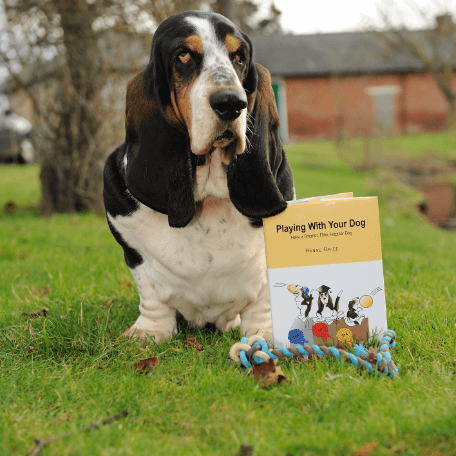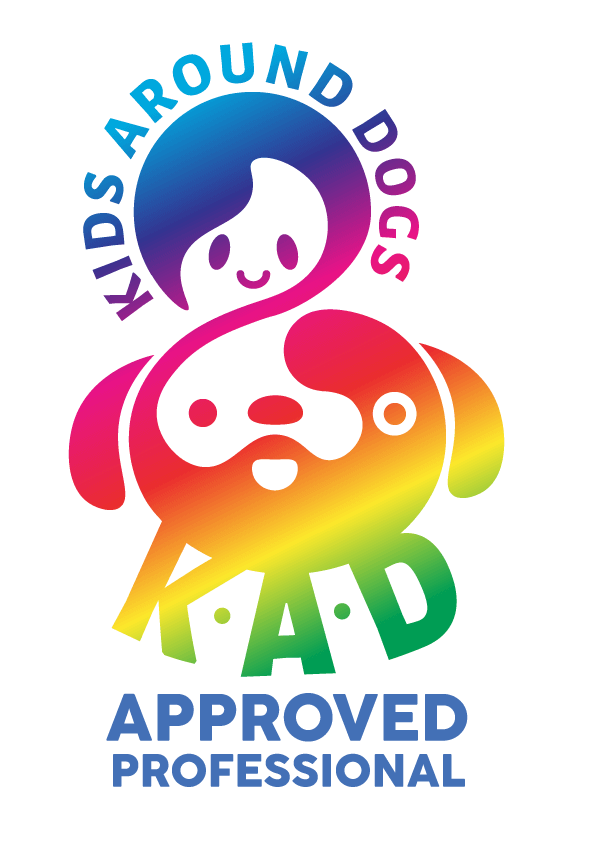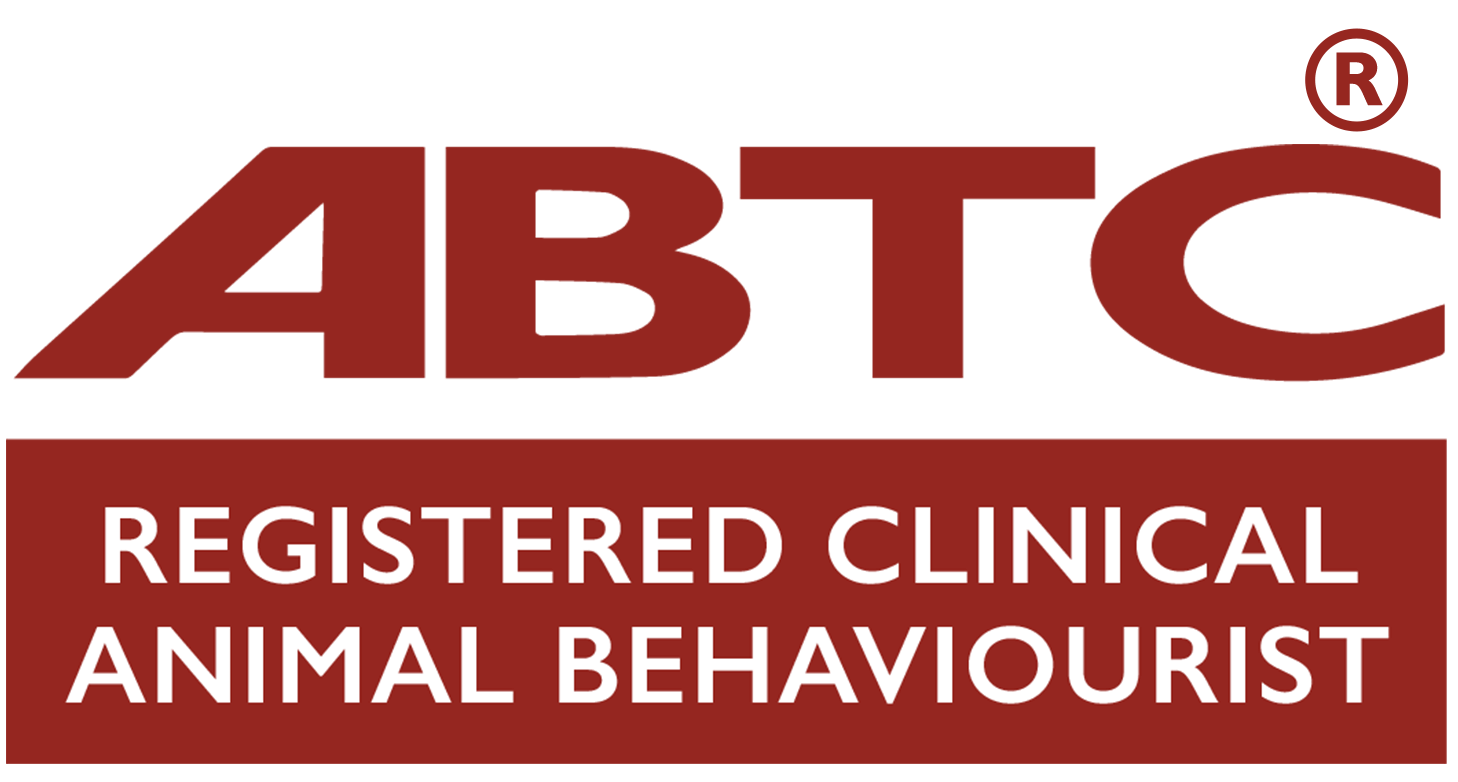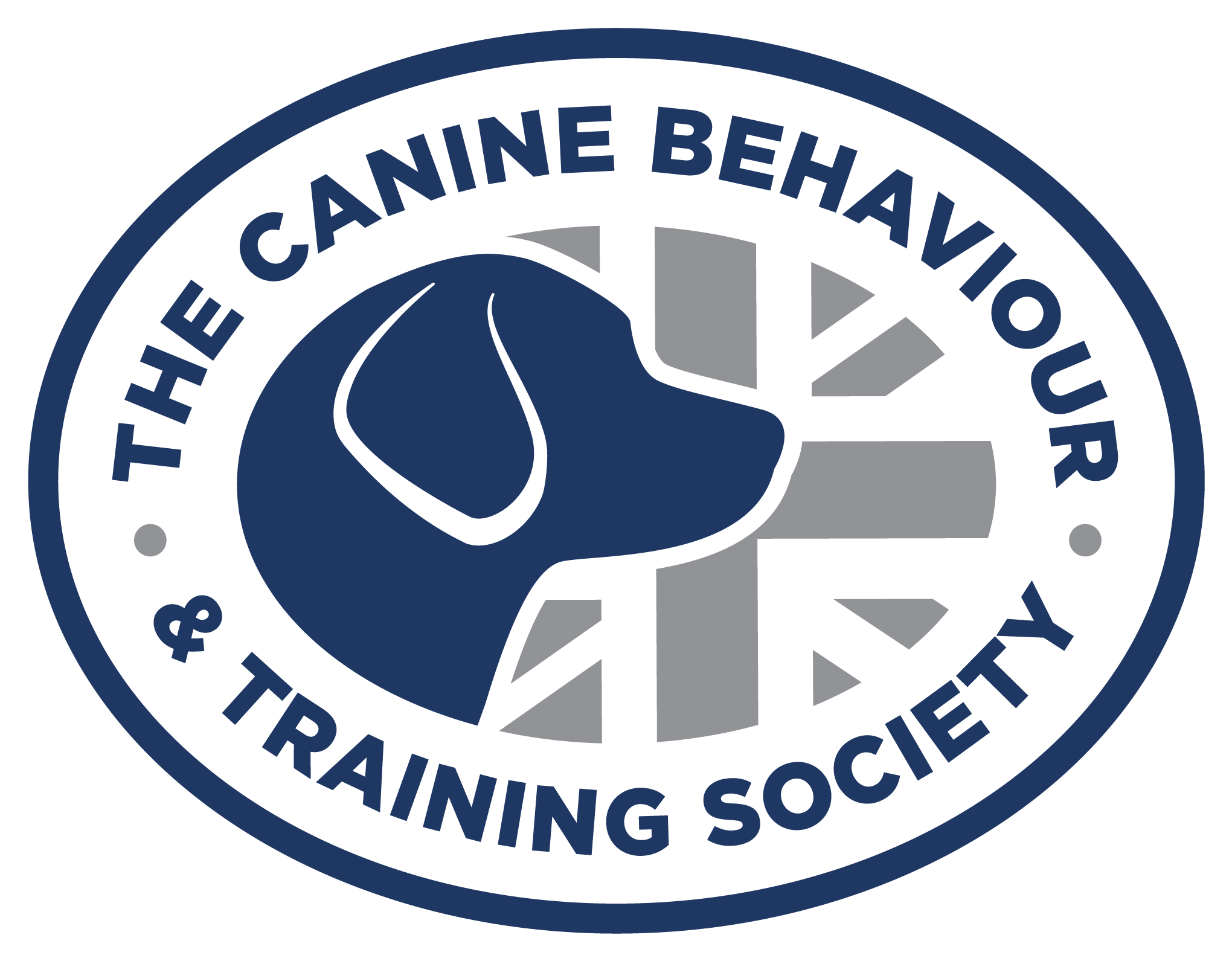There have been a number of studies in recent years that have looked at the impact of dogs on children with autism. Findings have shown that our four–legged friends can give a child confidence and teach them about responsibility to improving a child’s social skills. Now a new study has found that owning a pet dog can also help de–stress families with autistic children.
The study conducted by the University of Lincoln, led by Professor Daniel Mills, found that the number of ‘dysfunctional interactions’ between parent and child among families which owned a pet dog was lower than those that didn’t. The research involved families that had originally participated in a previous study, one that had investigated the short–term effect of owning a pet dog for families that had a child with autism. The researchers questioned these families two and a half years later to examine whether the benefits remained. The study found that the initial results of reduced family diffculties actually lasted years beyond the early stages of acquiring a dog, and that stress levels continued to experience a steady decline.
This study, published in the Journal of Veterinary Behaviour: Clinical Applications and Research, is among the first of a number of specially funded research projects, financed by the Human Animal Bond Research Initiative, which examine the effects of companion animals on human health. This particular project focused on the effects of pet dogs on families with children with Autism Spectrum Disorder (ASD).
Daniel Mills says: “While there is growing evidence that animal-assisted therapy can aid in the treatment of children with autism spectrum disorders, this study is one of the first to examine how pet dog ownership can also improve the lives of those more widely affected by autism. Researchers have previously focused on the positive effects that assistance dogs can have on the child’s well-being and have passed over the impact they might also have on close relatives, but our results show that owning a pet dog (rather than a specifically trained assistance dog) can considerably improve the function of the whole family unit.” Mills and his team also found that there was a significant, positive relationship between parenting stress of the child’s main caregiver and their attachment to the family dog. He says this highlights the importance of “the bond between the carer and their dog in the benefits they gain.”
Dogs have lived in the company of humans for many thousands of years. This latest study is further evidence of the long–term benefit that dog ownership brings, demonstrating how we need dogs as much as they need us!
Learn more about our classes

Get Hanne's Book
Playing With Your Dog will help any dog owner work out the games that are best suited for their pet to play throughout his life, from puppyhood to old age. The book also shares some tricks for all ages, group activities, and recommended toys that dogs will enjoy.

























